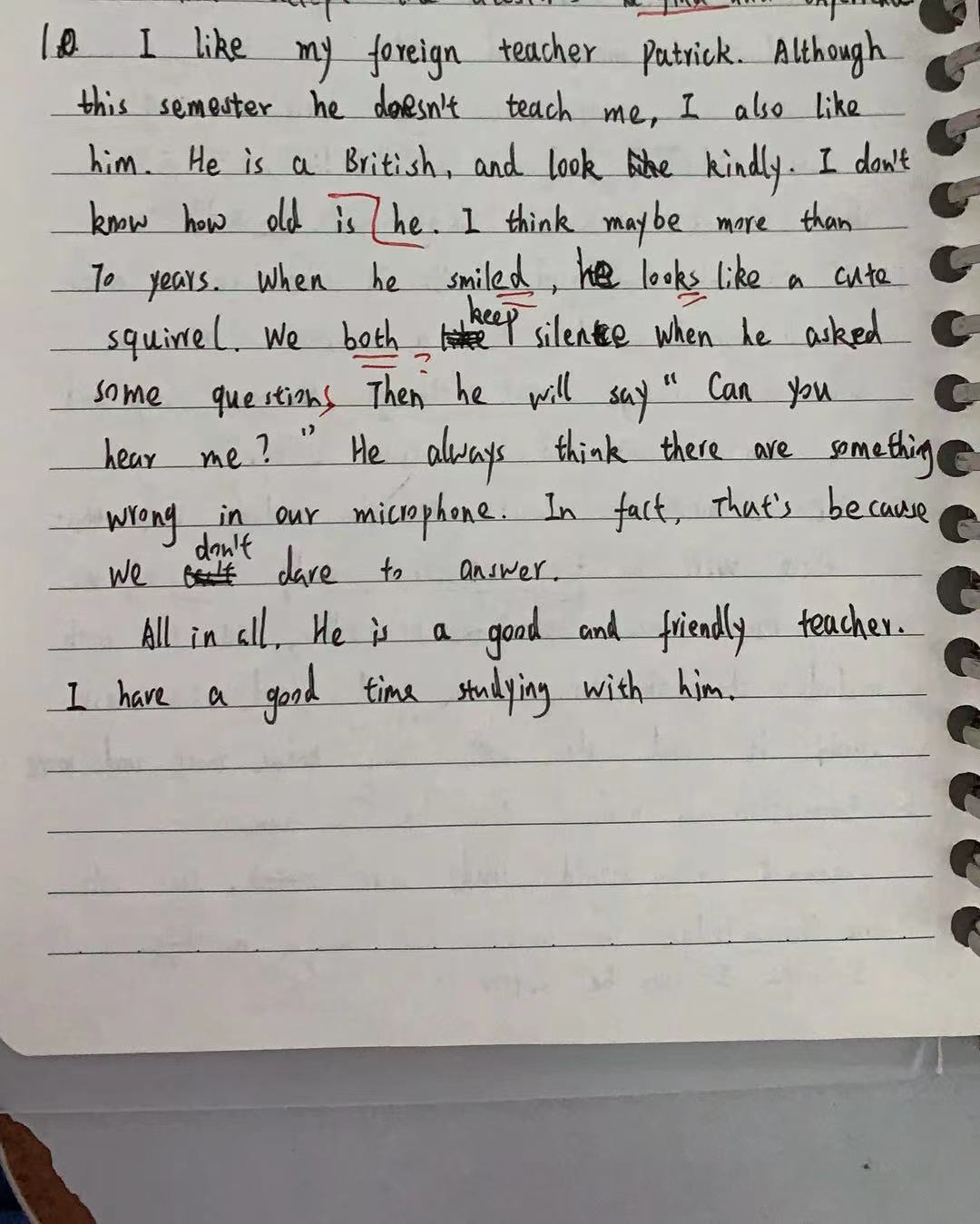.... to duolingo.
I started practising Russian and Chinese last year on duolingo last year. These are both languages I have studied before (in the 1980s) and I lived in China from 1986 to 1988 and Russia from 1989. Duoloingo provides a good chance to practise for free and I think I do benefit to some extent although the practise is very decontextualised.
For any readers unfamiliar with Duolingo (https://www.duolingo.com/), the basic version is free. A large number of languages are available but there are several gaps (eg Bulgarian). There are a large (but finite) number of short "lessons" in each language taught - they are more like tests than lessons, though, in most cases. The user starts with five "hearts" that are needed to access the lessons. Each time they make a mistake, they lose a heart and when all are lost, they either have to do a practice lesson or wait for a period of up to four hours. There are also "gems" that are needed to access some content and they are added as rewards for some achievements.
Users are put into groups who are encouraged to compete. Users get messages that they might be relegated or that someone has overtaken them. It is interesting how seriously I take not being relegated although it does not affect my learning at all (I get no change in what is available for me). My wife and brother who also use the app are also anxious not to get relegated.
There are also frustrations. Sometimes I write a translation that seems reasonable but the app rejects it. It is possible to report this with a menu item "My answer should have been accepted" and sometimes I get emails saying my suggestion has been accepted but I still lose "hearts" which means that I cannot continue for a period of time.
Another problem is sometimes the app crashes and I lose hearts and/or gems through no fault of my own.
I have more or less finished the Chinese course. I have done the basic lessons and only have some lessons to get "legendary status" (legendary for who? 😀) left to do. I have done some of these but I have to preserve my gems to access these. It is interesting that there is some fairly key vocabulary not taught. Despite several lessons on food, the words "soy sauce", "vinegar" "leek" and garlic" (fundamental ingredients) have not been mentioned. There is a very difficult lesson on "net slang" that features "otaka" (the app seems to think this is an English word - it seems to mean a person who plays computer games all day).
I am well through the Russian course and I recently started Norweigan as a new language - I decided on this because I am interested in the writer Knausgaard but I imagine it will be a long time before I can read him in the original.
Does any of this give me insights for my own work as a teacher? I think the ability to do short periods of learning is useful for students and is something I should emphasise to students of language. My choices of language show that outside factors such as interest in cultures are important. I do feel frustrated by the lack of context. Sometimes the sentences taught raise questions it would be interesting to discuss (eg one question taught was "Which presents should not be given to Chinese people". I know partial answers (eg I have been told clocks are unsuitable for retirement) but it would be interesting to have more.
The example of Duolingo is discussed in L161 so it is useful to have experience of it as a "consumer".

 This is part of an essay written by a student I taught on an online course for a Chinese university. It is interesting that she says she and her partner dare not speak, which is a major constraint in a speaking course. This perhaps reinforces my view that it should have focused on writing skills and teachers who could teach face to face should have taught speaking.
This is part of an essay written by a student I taught on an online course for a Chinese university. It is interesting that she says she and her partner dare not speak, which is a major constraint in a speaking course. This perhaps reinforces my view that it should have focused on writing skills and teachers who could teach face to face should have taught speaking.